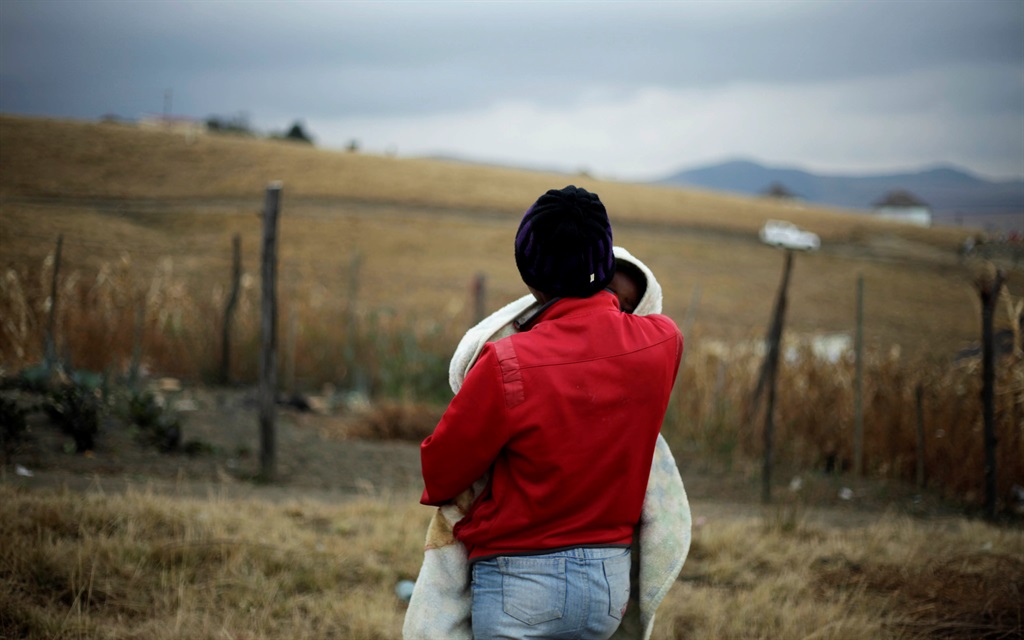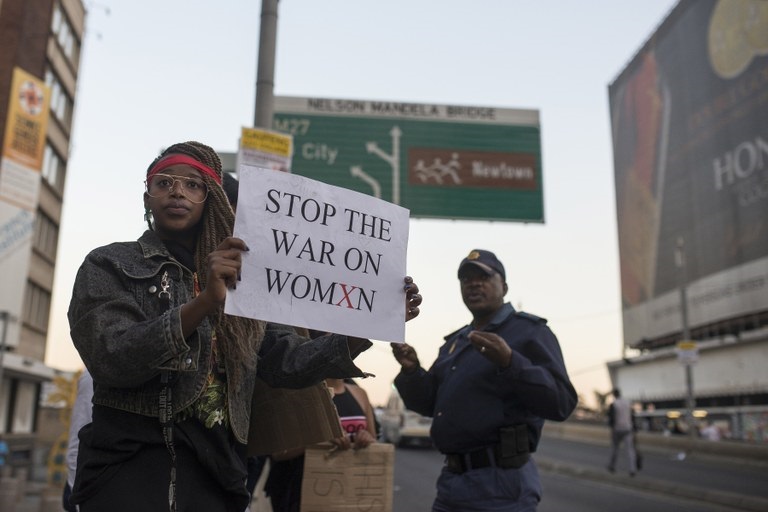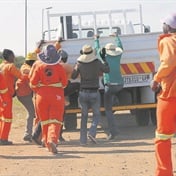
Protection for the young victims of forced marriages is still a long way away.
Despite alarming figures – tens of thousands – of child marriages in South Africa, the much-needed legislation to address the issue is seemingly still a long way off.
The issue of forced child marriages, and specifically the practice of ukuthwala, recently came under the spotlight during question time in Parliament.
Minister of Women Susan Shabangu faced a barrage of questions from members on issues of gender-based violence when she was asked what programmes her department had for ukuthwala.
The department of justice defines ukuthwala as a form of abduction “that involves kidnapping a girl or a young woman by a man and his friends or peers with the intention of compelling the girl or young woman’s family to agree to marriage”.
Democratic Alliance MP Terri Stander asked the minister about the programmes her department had put in place to address ukuthwala.
Child marriages came under the spotlight when Statistics South Africa released alarming figures – more than 90 000 girls between the ages of 12 and 17 were married or had been in some sort of relationship in 2016.
This, Shabangu said, confirmed that child marriages were “common” in South Africa. Shabangu said adverse cultural practices would not be tolerated, yet the much-needed legal certainty, especially around ukuthwala, was lacking.
The legal uncertainty was due to inconsistencies between different pieces of legislation. Marriage is allowed for girls under 15 years subject to certain conditions but this contradicts provisions of the Children’s Act on statutory rape.
The draft Prohibition of Forced Marriages and Child Marriages Bill will contain provisions on conviction and sentencing for those who force children into marriage.
State law adviser Maite Modiba told ParlyBeat the Law Reform Commission must follow processes – which included publishing the discussion paper on ukuthwala, public consultations and consolidating the comments received in these public consultations as well as written comments.
This, according to her, has now been done.
“We completed a draft report based on those comments. We had a commission meeting recently in which the report was tabled.
"The commission approved the draft report, subject to some amendments. We are currently making those changes as recommended by the commission.”
The discussion paper on the practice of ukuthwala will serve as a basis for drafting the bill.
Modiba said only once the commission approved the report would it be sent to the relevant minister who would have to consider it and make the decision to table it in Parliament.
“The next commission meeting is scheduled for December 2. The report will then be submitted to the minister of justice and it will be in his hands to decide when to introduce it in Parliament after considering it.”
She could not confirm when this would happen. In 2011, minister of justice Jeff Radebe established an advisory committee to assist the Law Reform Commission in developing a discussion paper on the issue.
In her answer, Shabangu focused on the legislative aspects of the issue, stating her department’s position on the criminalisation of illegal forms of ukuthwala. Shabangu said:
“The department of women also proposed that the South African Law Reform Commission amend the Recognition of Customary Marriages Act to protect the victims of ukuthwala who have already accepted their condition and consider themselves as married under customary law.”
Over the years, many cases of forced child marriages made the headlines.
For example, in 2013 a 57-year-old sangoma in Limpopo married a 13-year-old girl. And in 2014, a man was sentenced in Wynberg, Cape Town, to 22 years in prison for raping and assaulting a 14-year-old girl after an ukuthwala incident.
Shabangu labelled this conviction as a sign that the country would no longer tolerate practices that violate women’s rights.
She said it was important to engage communities about the anomalies of culture and the rights of women.
“This will help us address the challenge of harmful cultural practices.”
. This article first appeared in ParlyBeat




 Publications
Publications
 Partners
Partners









